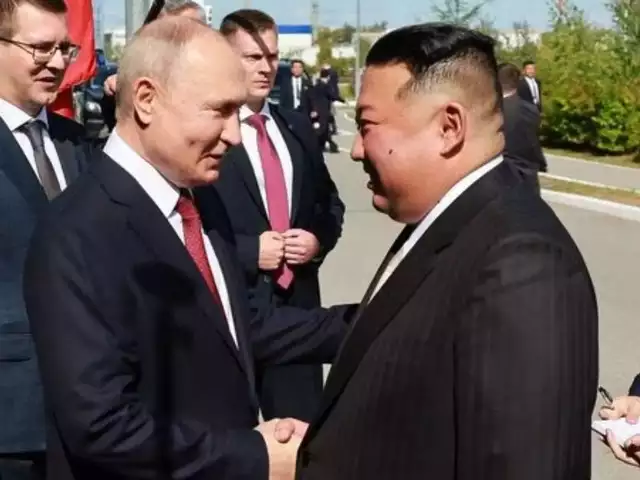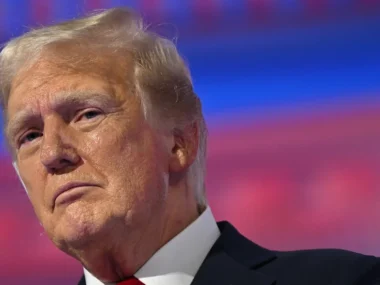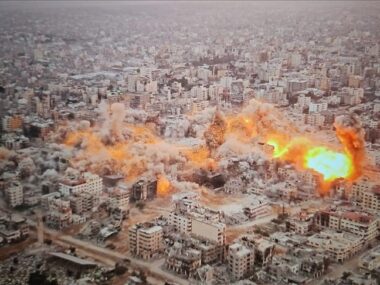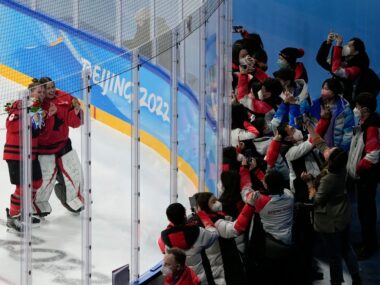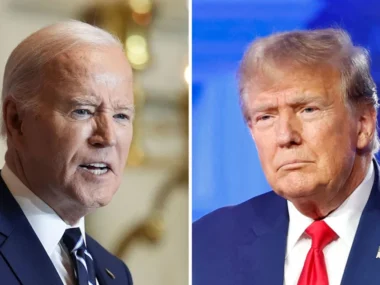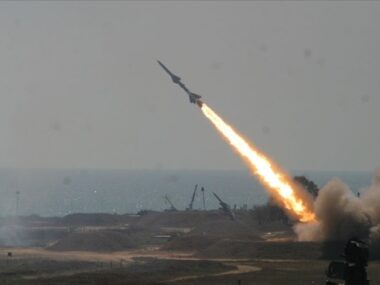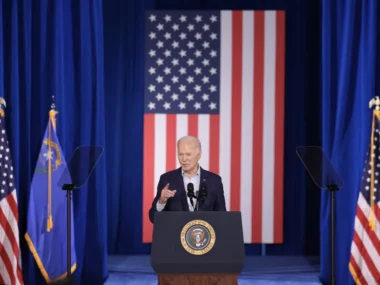Covering a meeting between Russian President Vladimir Putin and North Korean leader Kim Jong Un can be likened to a caption contest, as the details remain shrouded in mystery. The meeting took place at the Vostochny Cosmodrome in Russia’s Amur Region, involving handshakes, Kim riding in Putin’s Russian-made Aurus limousine, and a toast from Kim, using language that seemed to support Putin’s ongoing conflict in Ukraine.
However, despite these visible interactions, there was no press conference or official statement released. No public agreements or deals were announced, making it challenging to discern the actual outcomes of this summit in Russia’s Far East, even though the global implications are significant.
Earlier in July, Russian Defense Minister Sergei Shoigu visited Pyongyang, sparking speculations about potential agreements. Given Russia’s depleted ammunition stocks due to the Ukraine conflict and reports of North Korea and Russia exploring options to resupply Moscow, this could signal North Korea’s entry into a competition alongside the industrial bases of US and NATO members, which have been steadily providing ammunition to Ukraine. This dynamic has become a crucial race, with Putin seemingly banking on waning support for Ukraine as the US enters a presidential election season.
There is also the possibility of something in return for Pyongyang. The Kim regime is facing severe isolation, as it has been subjected to multiple rounds of sanctions due to its nuclear and ballistic missile programs. Even Russia has previously supported sanctions against North Korea.
Putin seems to be offering a potential lifeline to Kim, especially as his own government faces sanctions due to the full-scale invasion of Ukraine. This lifeline appears to involve the possibility of granting North Korea access to Russian technology.
During a visit to the cosmodrome, a reporter asked Putin whether Russia would assist North Korea in launching its satellites and rockets, to which Putin replied, “That’s exactly why we came here.”
Putin mentioned, “The leader of North Korea shows great interest in space, in rocketry, and they are trying to develop space. We’ll show our new objects.”
Kim’s fascination with space and technology might seem innocuous, but Putin’s choice of words brings to mind an old joke often attributed to comedian Mort Sahl regarding Wernher von Braun, the German rocket scientist who pioneered Nazi Germany’s ballistic missile technology during World War II: “He aimed for the stars, but sometimes he hit England.”

On September 13, North Korean leader Kim Jong Un engaged in discussions with Russia’s President Vladimir Putin during a tour in Russia.
Wernher von Braun’s significant contributions to missile technology and the US space program are well-documented. His work paved the way for advancements in both space exploration and the development of intercontinental ballistic missiles, capable of delivering nuclear weapons worldwide.
When considering a potential technology exchange between North Korea and Russia, there remains a significant level of uncertainty. The United States suspects North Korea of already playing a role in the Ukraine conflict by providing arms to the Russian mercenary group Wagner. Yevgeny Prigozhin, the founder of Wagner, dismissed these allegations as “nothing more than gossip and speculation” before his tragic death in a plane crash last month.
If Russia indeed shares launch technology with North Korea, it could lead to broader global repercussions stemming from the largest land war in Europe since 1945. The convergence of two internationally isolated states may unfold in unexpected and potentially dangerous ways.

